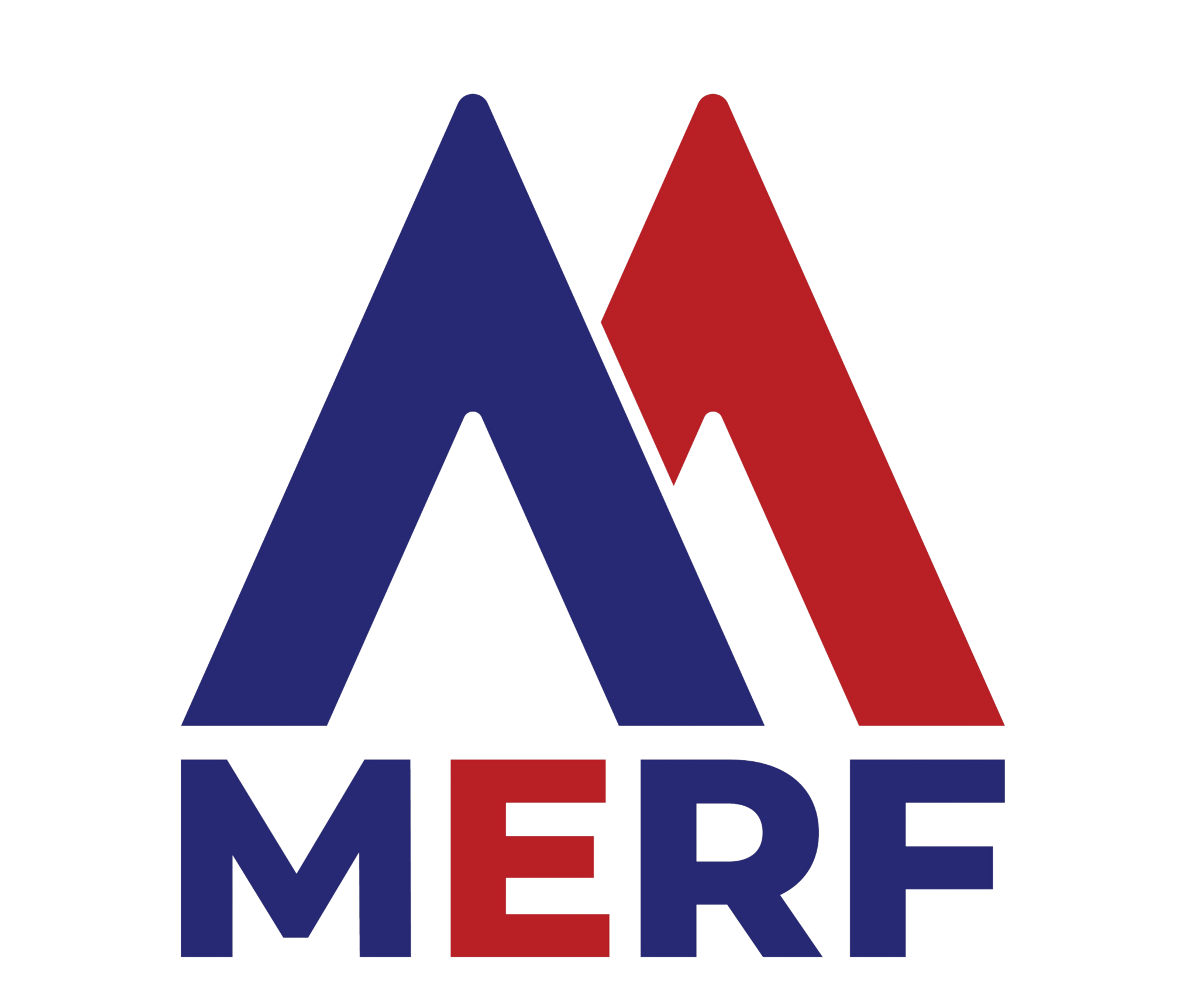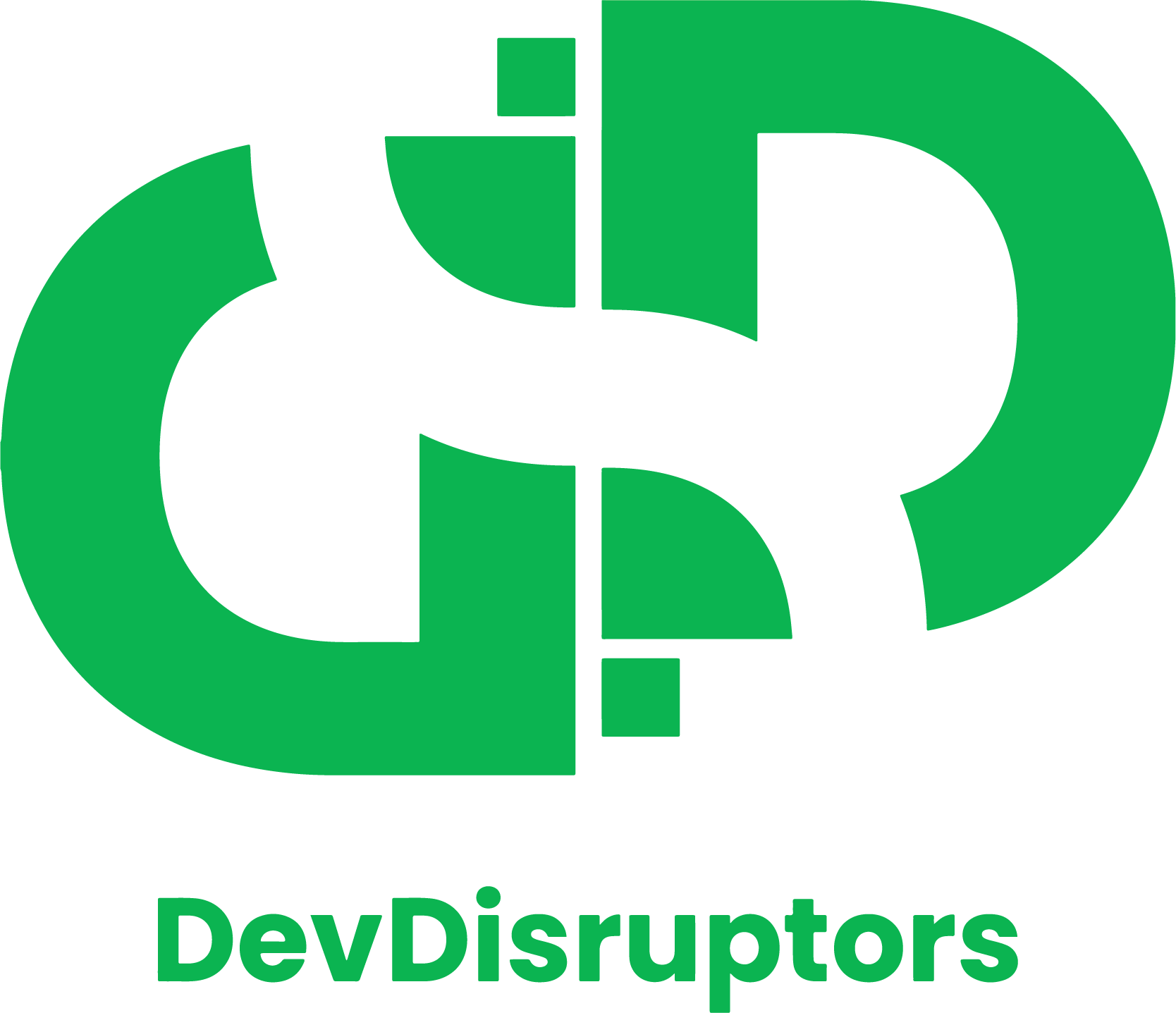Erp Development CompanyUnify your processes.
Access the Top Tech Talent instantly. Develop enterprise resource planning software that streamlines your efforts.

500+ companies rely on our top 1% tech talent.





ERP Development Services We Provide
Custom ERP System Development
Streamline workflows. Tap into data analytics. Improve decision-making. Custom ERP software development allows you to integrate business processes and functions into a single system. We use tools like Node.js for server-side scripting, Angular or React for dynamic user interfaces, and MongoDB for robust and scalable database solutions. Through data modeling, system integration, and user interface design, we build tailored platforms for your entire enterprise.
ERP Implementation Services
Seamlessly connect your ERP system with other business applications to facilitate data flows across your organization. Using middleware like Microsoft BizTalk Server, enterprise server buses, API management tools, data integration tools, and more, we connect your systems and create a unified operational environment.
ERP Mobile Applications Development
Create ERP apps that are accessible to team members on the go. Leveraging ERP mobile applications, users can tap into the data and functionalities of these platforms remotely and collaborate from anywhere. Using native or cross-platform frameworks and other tools, our ERP developers incorporate features like push notifications, user-friendly interfaces, reporting and analytics tools, and more into apps for smartphones and tablets.
ERP Customization and Enhancement
Ensure your ERP software offers the right tools and functionalities for your business operations. Add new features or modify existing ones. Our ERP software development services encompass customizations and enhancements. We use languages and tools like Java, SQL Server Management Studio, Postman, and more to facilitate everything from enhancing data analytics capabilities to automating specific processes.
Custom ERP Dashboards
Uncover insights, track key performance metrics, recognize patterns, and adapt to evolving market conditions. With custom ERP dashboards, you'll have access to real-time information to help you simplify operations, optimize resource distribution, and tackle obstacles proactively. Leveraging business intelligence tools like Microsoft Power BI and Tableau, ERP-specific reporting tools like Oracle BI Publisher, data integration and ETL tools, and more, we build custom ERP dashboards that are secure, accessible, and scalable.
Cloud-Based ERP Solutions
Cloud-based ERP software leverages remote servers and internet connectivity to provide flexibility and accessibility. Users can access the system from anywhere with an internet connection, promoting collaboration and making remote work easier, in contrast to traditional, on-premises ERP software. Cloud platforms like AWS and Microsoft Azure, along with languages and frameworks like Java, .NET, Python, and Node.js, help us build cloud-based ERP solutions that are scalable and secure.
ENGAGEMENT MODELS
HOW WE HELP
Key Things to Know About ERP Development
Enterprise resource planning (ERP) software is a business management system that simplifies tasks such as inventory management, accounting, and overall business processes and operations. Customized ERP software is particularly beneficial because it allows businesses to tailor the software to their needs, giving them greater control over their systems and their features.
Modern ERP solutions are often much more than simple integration services, offering clients AI, cloud computing, big data analytics, and accompanying IoT benefits that help boost productivity and collaboration. There are many tools and features that can be integrated into the platform. Some of the main ones include:
Hosting options: It's important for ERP software to provide flexible hosting options, which should cover on-premises servers, cloud storage, or a hybrid integration option. This gives businesses the ability to choose the type of solution that provides the right access, space, and data protection that meets their needs.
Simple integration: The modularity of ERP platforms means that additional business systems, such as CRM, CMS, supply chain management systems, and more can be integrated. This helps eliminate silos and facilitate upkeep.
Scalability: Growing businesses need a flexible ERP system that can easily adapt to the new requirements that come with that growth.
Mobile friendliness: Ideally, an ERP solution should be accessible from any device—mobile phone, tablet, laptop, or desktop.
Building an ERP system begins with clarifying requirements regarding key functions and features. The development team also needs to map out a user-friendly design and interface and choose the right technology stack. Additional considerations include system hosting and integration capabilities with the existing business infrastructure and systems.
While there are many off-the-shelf ERP solutions available, customizing existing systems or building entirely new ones from scratch allows you to accommodate your unique business processes and tailor the solution to your specific needs.
Regardless of how versatile your ERP system is, an off-the-shelf solution may not be able to meet all of your business requirements. If you need specific features or capabilities, consider custom ERP software development. Some of the key benefits of this approach include:
Automating specific workflows: Custom ERP solutions allow a business to automate operations without having to overhaul or extensively restructure its current systems, databases, infrastructure, networks, and applications. For example, generating periodic reports is an important task that can be automated.
Improved customer experience: A customized ERP system can help a company seamlessly integrate its existing infrastructure into the application. On the front end, users will get a faster and better experience. One example is an online retail website. Connecting the user interface to the ERP system in the backend minimizes delays and interruptions users may encounter when carrying out search operations.
Scaling: Custom ERP solutions are easily scalable as your business grows. You can also accommodate new features and functionalities.
You own the code: You're the owner of the custom system. Using an off-the-shelf solution means that you’re paying for the license and don't own the software outright.
ERP systems can benefit practically any business that's looking to streamline processes, improve efficiency, or reduce errors and costs. By automating processes and utilizing real-time data, the system simplifies and improves operations.
In manufacturing, for example, having an ERP system in place can help simplify inventory control and work order management through automation. Moreover, entire supply chains can be streamlined with order fulfillment processes and quality control checkpoints that an ERP can put in place and automate.
Retailers and e-commerce businesses can also benefit from implementing an ERP. The system can streamline various processes such as sales, payments, inventory, marketing, and tracking, thereby enhancing business operations.
Here are several additional benefits of utilizing a custom ERP system in retail:
Management of employees and customers
Automation of sales and payment recording
Enhanced inventory management
Seamless management of pricing and discounts
Improved operational efficiency
Integration with e-commerce platforms and point-of-sale systems
Other industries that can benefit from a custom ERP solution include:
Healthcare
Real estate and construction
Education and e-learning
Financial services and fintech
Energy and utilities
Logistics and transportation
Government and public sector
Hospitality and tourism
Agriculture
Telecommunications
The above list is not exhaustive. An ERP system will equip businesses with competitive advantages and streamlined processes across different industry sectors and niches.
When comparing standard SaaS programs to enterprise-level software, it’s important to understand the key differences—especially for businesses considering ERP development or custom ERP services.
Key Differences
Interconnectivity
Enterprise software must integrate seamlessly with tools and systems already in use to keep workflows running smoothly.
It’s designed for simultaneous use by multiple users across interconnected networks.
Without proper integration, business operations can face significant disruptions.
Cost
SaaS solutions generally have lower upfront costs, covering development, monthly maintenance, and optional features.
Enterprise software requires a higher initial investment, including licensing, customizations, and ongoing maintenance—common in custom ERP development projects.
Return on Investment (ROI)
Enterprise solutions have higher upfront costs, so businesses expect faster ROI.
ROI is usually targeted for short or medium-term timelines to balance development expenses.
Customization
Enterprise software allows for extensive customization, tailored to meet specific business needs.
SaaS solutions are less flexible, offering limited customization due to their shared, multi-tenant architecture.
Reporting and Querying
SaaS solutions often limit reporting and querying features to avoid performance issues in shared environments.
Custom enterprise software enables advanced reporting and querying with tools like third-party integrations or direct access to data warehouses, providing deeper insights.
Testing and Training
Enterprise software requires rigorous testing to ensure custom configurations work as intended.
Training is also more intensive, as end-users and IT professionals must be prepared to manage the software.
These steps are common when partnering with an ERP development company.
For businesses seeking tailored solutions, custom ERP development services provide the flexibility, functionality, and scalability needed to meet unique organizational challenges.
Our experts have been working alongside in-house teams for over a decade.
- React
- Angular
- Node.js
- Java
- C++
- .NET
- Vue.js
- JavaScript
- Python
- Golang
- React
- Angular
- Node.js
- Java
- C++
- .NET
- Vue.js
- JavaScript
- Python
- Golang
- Swift
- Figma
- Adobe
- C#
- PHP
- iOS
- Android
- Python
- WordPress
- Swift
- Figma
- Adobe
- C#
- PHP
- iOS
- Android
- Python
- WordPress
How to start with Us
Our process. Simple, seamless, streamlined.

Step 1
Join exploration call.
Tell us more about your business on a discovery call. We’ll discuss team structure and approach, success criteria, timescale, budget, and required skill sets to see how we can help.
Step 2
Discuss solution and team structure.
In a matter of days, we will finalize your project specifications, agree on an engagement model, select and onboard your team.
Step 3
Get started and track performance.
Once we’ve agreed on milestones, we’ll immediately get to work. We’ll track progress, report updates, and continuously adapt to your needs.
Frequently Asked Questions (FAQ)
Custom ERP development services allow businesses to connect their systems, perform better data analysis, and streamline their operations. This leads to greater efficiency and a more cohesive enterprise.
Key features to look for in an ERP system include financial management, supply chain management, human resources, customer relationship management, analytics and reporting, and integration capabilities. The features you prioritize depend on your business requirements.
When preparing for and responding to a data breach, a company should engage information sec
ERP development is constantly evolving. Some current trends in the field include cloud-based solutions, mobile accessibility, incorporating AI and machine learning, and an increased focus on the user experience.
urity services to develop an incident response plan, emphasizing quick containment, investigation, and notification. Regular employee training and post-incident analysis with these services are crucial for effective response and prevention of future breaches.
We implement robust security measures in your ERP system, including role-based access controls, and data encryption. We also perform regular security audits, comply with industry standards, and conduct robust backup and recovery procedures.
Yes, most ERP software is designed specifically for seamless integration with other tools, including CRM software, e-commerce systems, and third-party applications. This is especially true when you leverage custom ERP software solutions, which are designed for your business and its requirements.
Looking for reliable ERP development services?
See how we can help.

